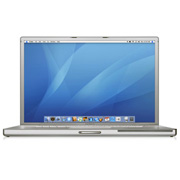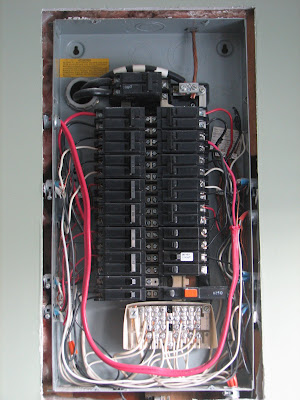My first computer (everyone has impossibly fond memories of their first computer, don't they?) was a Radio Shack Colour Computer. With 16k of RAM. For the kids out there, that's not a typo - I'm talkin' 16 kilo-
bytes of space to drop code into. Friends helped me double that to 32k by piggy-back soldering additional DIP-style RAM chips on top (except the address/strobe pin - that we bent and connected to some address/strobe line on motherboard). Yup - those were the days...
The reason I wanted a computer in the first place was so that I could
code - I'd been fascinated with the concept of creating my own programs ever since buying a book on programming in Basic and reading it cover-to-cover the year before. I messed around with several little programs from that book (like
Hunt the Wumpus) but the program I was most proud of creating was a Tron-style light cycles game for two players. I remember it taking forever to get several timing delays just right!
I never really coded much after leaving high school. Sure, there were Fortran and Pascal and other courses that were part of the standard engineering program, but those courses were never fun in the way coding the Tron light cycles game was. Assigned projects were just that - assigned by someone else, to write a program that didn't "scratch an itch" that I had myself.
The release of Google App Engine has sparked my interest in programming again, especially a style that I'll call franken-coding. I expect many see cloud platforms such as GAE as low-cost ways to host the comprehensive applications that they wish to write and deploy. I'm more interested in the new kinds of mini-applications that will be enabled by the zero-cost approach taken by GAE. Think Unix-style tools, but for the cloud - the equivalent of grep, cat, etc, but for web applications. While some folks may draw satisfaction writing everything from scratch, I'm quite happy to stitch together such mini-applications to accomplish a task.
I'm tempted to make my first GAE application a Tron light cycles game...

